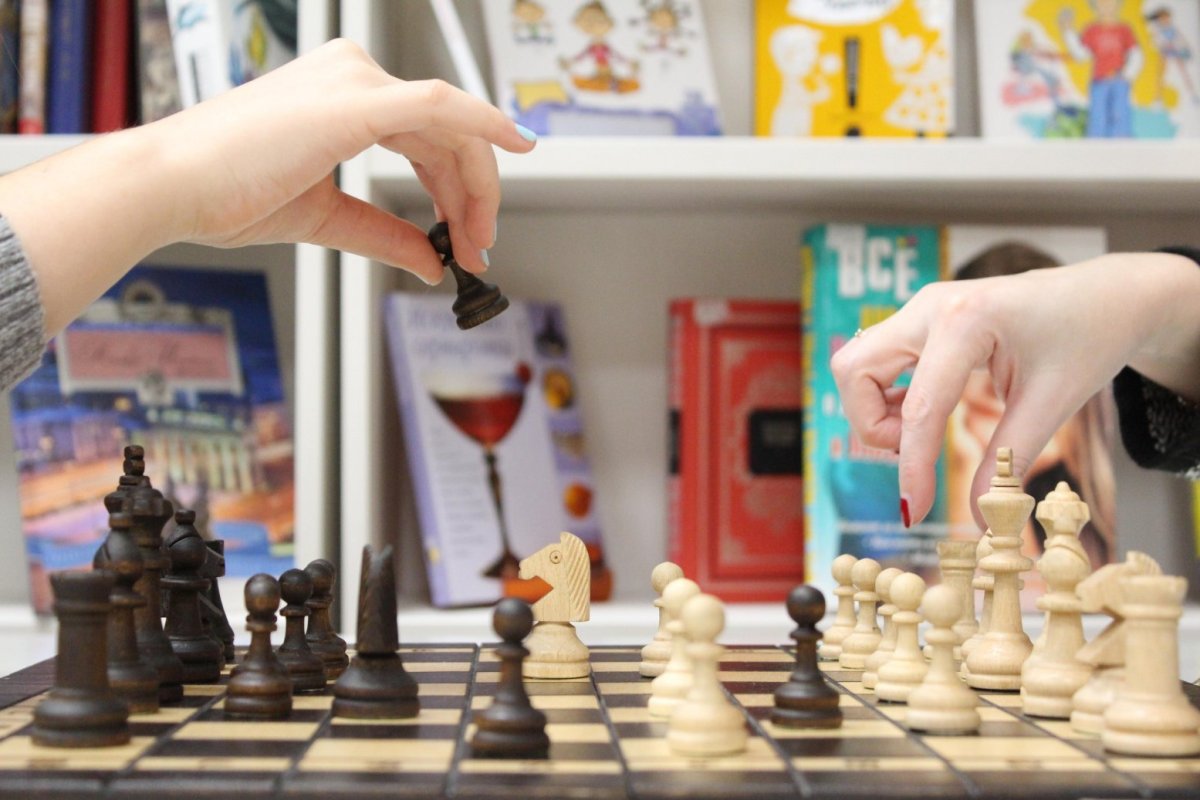The subject of schools “gaming” school league tables and performance measures such as Progress 8 has made the news recently so I have decided to contribute my opinion to the mix. Before doing so I need to be clear that I don’t have any particularly strong views with regards this issue. I therefore believe that my points represent a balanced viewpoint. I will however acknowledge that my assessment of my viewpoint as balanced is based on the context as set by my viewpoint, perception and the paradigms within which I operate as an individual. As such, from the point of view of those reading, including yourself, this may not be balanced after all. I make no apologies for this as all I can offer is my opinion, which is never wrong in that it is my opinion and therefore is formed based on my viewpoint and context.
Back on the subject of “gaming” the discussion seems to have opposing viewpoints. One of these viewpoints is that a school should try to offer its students the best opportunities for success in the future. As such it is important to enable them to achieve as many successful qualifications as possible. These schools therefore look to enroll students in qualifications which for minimal effort return successful qualification, such as ECDL.
The other viewpoint is that schools enrolling students in bulk in ECDL are doing so in order to influence league tables and performance measures such as Progress 8. Educators taking this position are of the opinion that these qualifications are of lesser value than other qualifications which may take longer to achieve or which are more difficult to achieve yet have comparable impact on league tables and other performance measures.
For me there may be truth in both viewpoints. If the studying of specific exams is in the interest of students’ futures then surely it is the correct thing to do. Consider two schools which are identical in outcomes except for the fact that students in one achieve an additional ECDL qualification. Surely this puts students who leave with an additional qualification in a more positive position. I myself worked in a school where we delivered OCR National IT to all students. The reason we did this was due to vocational nature of the qualification which suited out student cohort plus the breadth of study and options available which allowed us to accommodate for individual student needs and interests.
Equally there is truth in the other viewpoint in that if a school put all students in for the ECDL qualification or the OCR National they may have done so purely in the interest of achieving a better league table position than other schools. This may put students under stress where the qualification is additional, or may represent an unfair advantage where an “easy” subject has been substituted in place of a more difficult or valued subject with an equivalent or near equivalent league table or performance measurement points worth.
Both of the viewpoints include identical actions in the batch enrolling students in a given qualification yet both viewpoints result in totally opposing opinions. The key fact is not so much what schools do but why they do it. In one viewpoint it is about the students and the benefit to them while in the other viewpoint it is about the school and getting the best league table or performance measure result.
If OFSTED are to clamp down on “gaming” they are therefore going to have to try and identify why a school took the chosen action. How are they going to do this? How are they going to measure the “intentions” of school leaders? Are we going to start seeing OFSTED inspectors administering polygraph lie detector tests on school leaders?
I also feel that this discussion has a lesser discussed aspect to it in the value of differing qualifications. This discussion has raged for some time on the value of so called “core” subjects and the perceived lesser value of the arts and creative subjects. The new “gaming” discussions adds differing values in terms of the perceived difficult level of a course along with the time taken to deliver the course, with shorter courses perceived to have lesser value. Who will decide the relative worth of each course and the total worth of any individual students curriculum of study?
We should all be working in the interests of our students to try and provide them every competitive advantage with regards Further Education or Higher Education options, or options into employment, or even more generally into their future lives. A key part of this is the qualifications they achieve so we need to get them everything reasonably possible. In teaching we use every trick in the book to try and make sure students are learning plus are ready and able to succeed in whatever assessment is required to achieve a given qualification. If this is “gaming” then maybe we are all involved.


